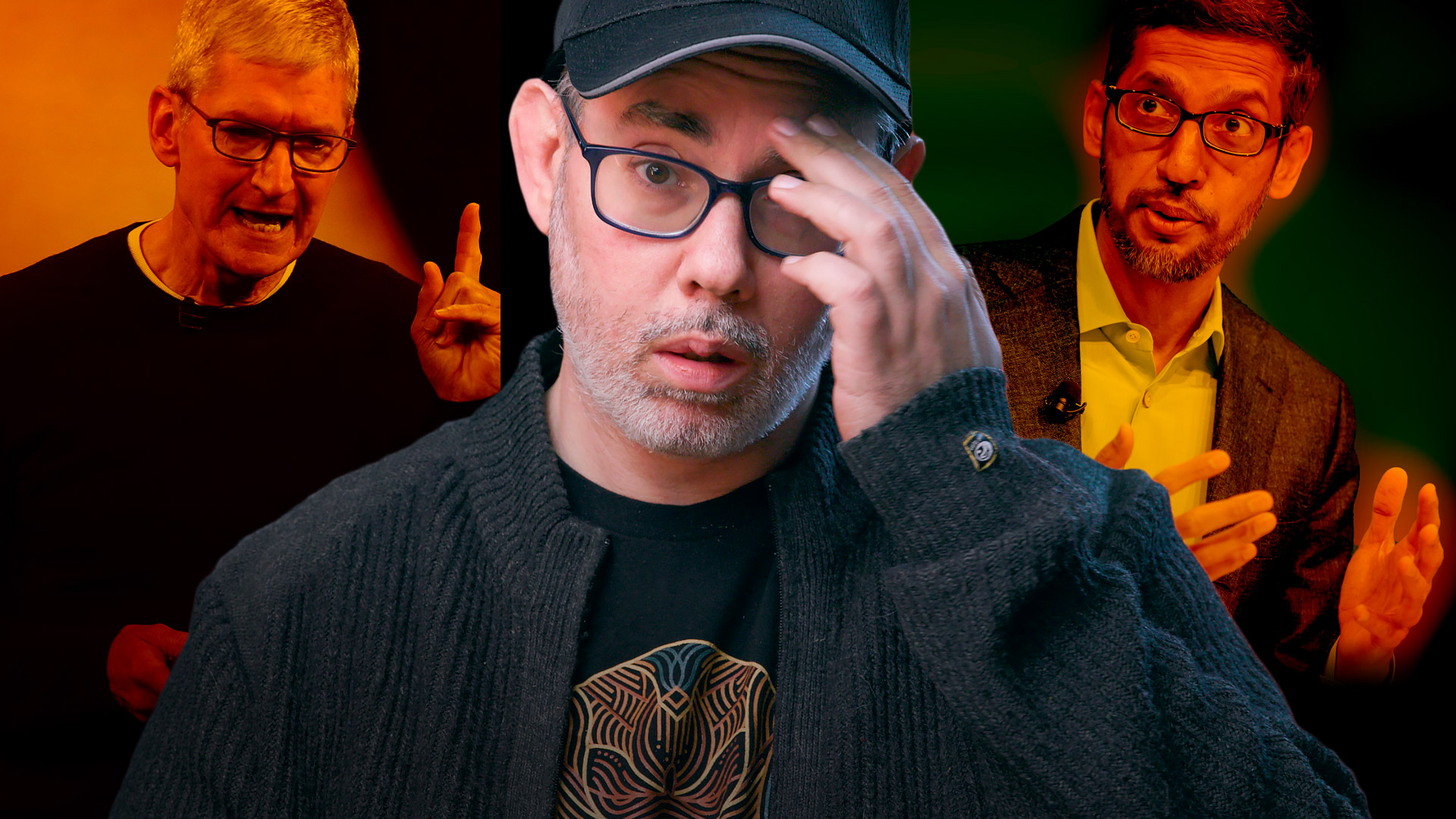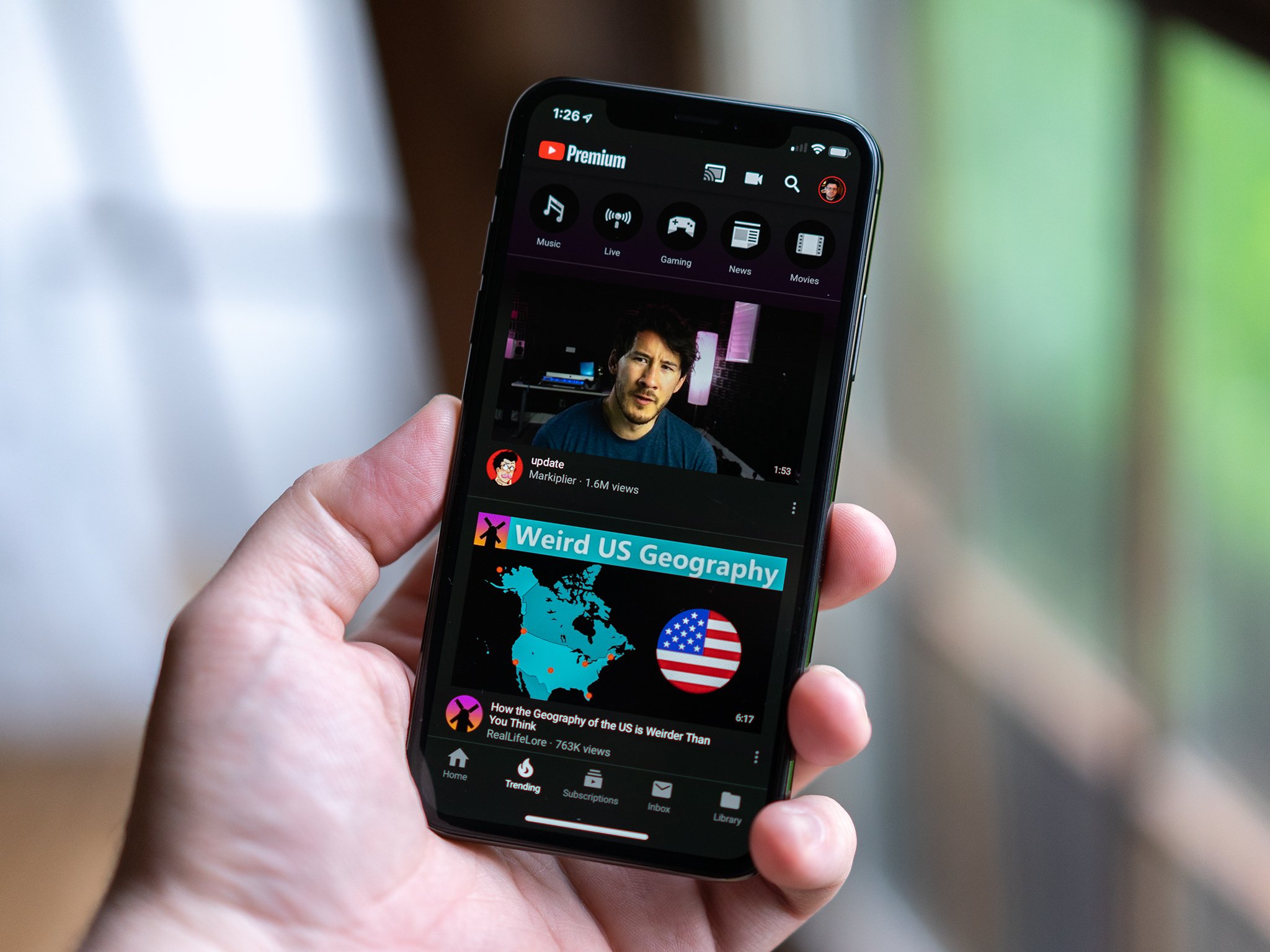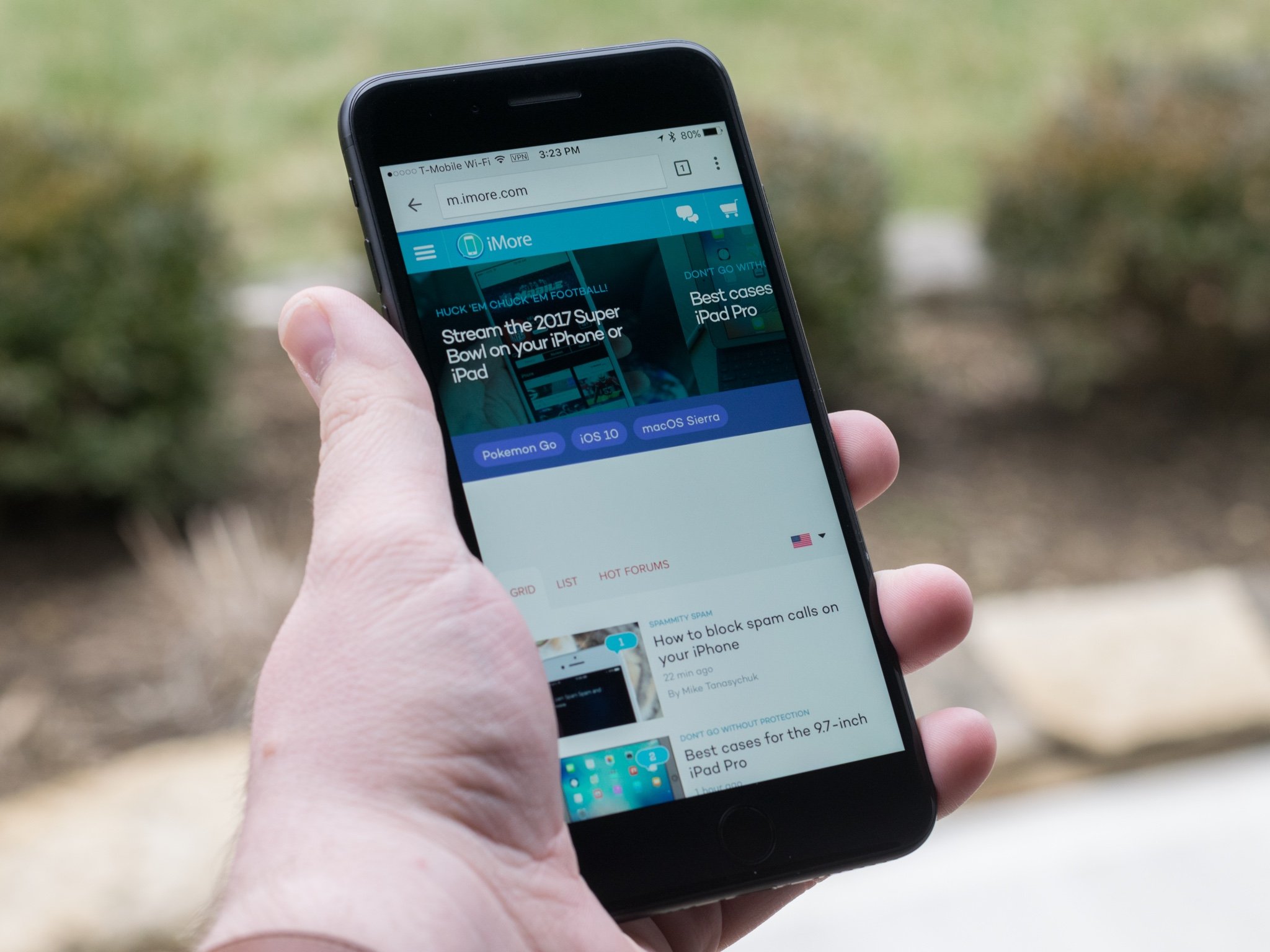Why Google is immune to Apple's Privacy Protections

iMore offers spot-on advice and guidance from our team of experts, with decades of Apple device experience to lean on. Learn more with iMore!
You are now subscribed
Your newsletter sign-up was successful
Google, Sundar Pachai, says they're going to stop tracking our activity across the web to target us with personal ads. Some think this has to do with Apple, with Tim Cook's new App Tracking Transparency in iOS 14.5, which tries to compel companies like Google and Facebook to ask our permission, to get our consent before following us across apps and the web. That this is Google finally coming to terms with our right to privacy and to choose for ourselves. But it is absolutely none of those things…
To be 100% crystal clear, iOS 14.5 App Tracking Transparency does nothing to prevent first-party tracking — meaning Google can monitor our activities on their own sites and apps. On the Google search page, on YouTube, in Gmail, and the Chrome Browser, and Android with Google Play — which owns a massively huge percentage of the activities of a lot of us already. Apple's not going anywhere near any of that.
So if you search for Apple or Star Wars or… sourdough recipes, Google will be collecting all the data and serving all the personalized ads they possibly can.
App Tracking Transparency means if we leave one of the Google sites or apps and go somewhere else, like Pokemon.com, then Tesla.com, open a diary app, a dating app, play a couple of games, whatever, sites and apps that may use Google Analytics or embed a YouTube video or integrate Google plugins, — it means they should ask us before collecting all that data. That's it. That's all.
It's no different than other apps having to ask before they access our photos or contacts or camera, or our physical location; all this means is that they now have to ask us before they can monitor our digital location as well.
But where Facebook is having… the tech giant equivalent of a temper tantrum over it… just utterly and completely losing their shirts over it — see my previous video — Google is doing the exact opposite. They're going quiet. Super quiet. And… it's almost every bit as scary. Maybe more?

See, when Apple first started hitting privacy hard during their incredibly popular keynote events, Google and Facebook didn't really know what to do. Not at first. Previous buzzwords and tech trends played into their strengths — to the cloud and… rise of AI, artificial intelligence… Those are the ones Apple had to scramble to buzzword along with. That's why Facebook initially tried to conflate privacy with encryption, and Google tried to conflate it with data retention. But it didn't really work. Pressure mounted.
iMore offers spot-on advice and guidance from our team of experts, with decades of Apple device experience to lean on. Learn more with iMore!
And, as Facebook started to spin and lash out, I think Google actually figured it out — they really didn't have to care. Like not at all.
So, now, when Google announces they plan to phase out third-party cookies by next year and won't contribute to or use any similar technology designed to replace them, it sounds great. Fantastic. Epic victory. Right?
No… They announced that before, thanks maybe, in some small part, to the EU forcing cookie disclosure, Apple blocking them in Safari, and now forcing disclosure through iOS as well.
But the truth is they don't need those cookies, and they'll probably be even better off without them.
Because what they're going to do instead is move the tracking from the cloud, from the servers to the device, to the browser. They're going to use technologies like federated learning to sort us into cohorts with similar advertising profiles; then they're going to use those cohort groups to… wait for it… serve us the same type of personalized ads.
Now that might still sound like a win, even a small win, but what it really means is Google still gets to track us across all their own, hugely popular websites and apps, like Search, YouTube, Gmail, and Chrome, and maintain incredibly, deeply, personal profiles on all of us, and sell ads against basically perfect information just like that, but now… now Google's competitors, including Facebook, only get the cohort groups, which puts them at a competitive disadvantage. Probably not as much for Facebook because they're so damn good at building profiles and shadow profiles from their own first-party and brokered data, but everyone else.

And what cohort group we get placed into — because you can only ever be in one cohort group — could reveal quite a lot about us, our predilections, our habits, and our vulnerabilities to… pretty much anyone paying for them. And if you want a deeper dive into how all of this actually works, just let me know in the comments.
So, where Facebook keeps hemorrhaging credibility and affinity and comes off looking like some evil anti-privacy monster, Google comes out looking like a hero, by giving up nothing while simultaneously hobbling their competitors and probably, ultimately, giving up just a little more of our privacy in doing it.
All to avoid doing the one simple, decent, dignified thing everyone from the EU to Apple to… many of us… have asked them to do.
Not to stop… but just to get our consent. Offer us better services, offer us better experiences, sell us any which way they can. Just ask us first.

Rene Ritchie is one of the most respected Apple analysts in the business, reaching a combined audience of over 40 million readers a month. His YouTube channel, Vector, has over 90 thousand subscribers and 14 million views and his podcasts, including Debug, have been downloaded over 20 million times. He also regularly co-hosts MacBreak Weekly for the TWiT network and co-hosted CES Live! and Talk Mobile. Based in Montreal, Rene is a former director of product marketing, web developer, and graphic designer. He's authored several books and appeared on numerous television and radio segments to discuss Apple and the technology industry. When not working, he likes to cook, grapple, and spend time with his friends and family.
